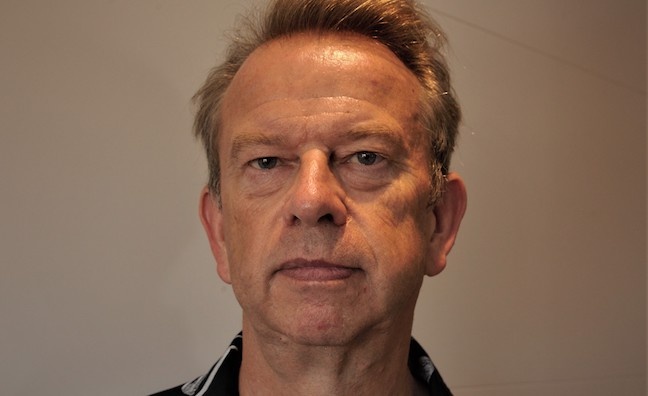As I am sure you will have seen covered extensively in the press, at the end of March, Music Venue Trust announced that the Own Our Venues project had successfully raised over £2.3 million to create a Charitable Community Benefit Society. That society now exists and can begin buying the freeholds of the UK’s Grassroots Music Venues, as well as taking them into benevolent ownership.
This is a huge breakthrough in providing a more sustainable and economically viable model of venue ownership and operation. This effectively creates a ‘National Trust for music venues’ that owns the buildings while maintaining the massively important independence of venue operators.
The new organisation, Music Venue Properties, came into existence in April and by the time you read this surveyors and lawyers will have begun the legal process of acquiring the first venues, removing them from the commercial marketplace and issuing new leases to their operators. Those leases will be built around the key function we want these venues to perform: ensuring that live music has a protected space in our towns and cities and is available to communities across the country.
In this phase, MVP will be looking to acquire nine venues. This is a pilot ‘proof of concept’ round, where we have demonstrated it can be done, and done it. But this is just the start. Over the next 10 years, we want to see hundreds of venues brought into this protected ownership model. This isn’t about whether the venue will be open next month, next year or in five years’ time, this is about creating spaces in which we can plan for the future across decades.
We can create the security that people need to be able to plan for a whole host of challenges and opportunities. I’m often asked how we change the demographics of who operates venues. We do it by providing access to protected spaces. How do we get venue operators to invest in carbon neutrality? By giving them certainty that if they do, they will be the beneficiaries, not their commercially driven landlords.
This was a huge piece of work for MVT. It’s no exaggeration to say that it started in March 2014 and was finally a reality nine years later. It’s also the most radical thing we’ve done, it brings into being an entirely new ownership model for this sector that’s never been done before. We expect it to grow and be replicated around the world, not just for music venues but for all types of cultural and creative spaces, and for other facilities where the community’s interests in access to local opportunities is being overridden by developers pursuing a commercial return for their shareholders.
Own Our Venues was a very small title for a very big idea: whose city is this and what do we want it to be like?
That idea is based on a point that needs clarification – it’s not MVT that’s buying these venues. It’s the 1,261 people and organisations who invested in the Charitable Community Benefit Society. I know that’s a really technical legal point that wouldn’t fit in the headlines that were generated by this initiative, but it’s so incredibly important to understand. Music Venue Trust isn’t going to own the freehold to these venues. They will belong to the music community that’s been created by this MVT campaign.
When, not if, that music community decides to buy more venues, MVT will campaign like mad to support them, to raise more money and get more people involved.
Ultimately, I’d like every single person that goes to small venues to be a part-owner of them. I’d like it to be one of the first things you do when you form a band, buy a collective share in the society. I’d like it written into the recording contract when a label signs an artist, they buy them shares as part of the process of taking their career to the next level. Want to really celebrate that No.1 album? Buy a share.
And, of course, I want to see the approach, where we all have a stake in the future of our music ecosystem, reflected in every other decision we make about how we are taking what we have and investing it in order to make sure we get more of it.
You’ve read this several times, but you need to read it again. This type of investment into our collective future should be written into every arena and stadium show, every major tour, every major festival. Every ticket sold should contain an investment to ensure that future artists are able to sell future tickets.
Everything we do that succeeds at every point in an artist’s career, from formation to headlining Glastonbury, from the first signing to the retrospective box set, should be investing in the infrastructure on which that success is built.
The music community has sent us a message. It wants to see music secure its place in our towns and cities. Let’s respond to that.












